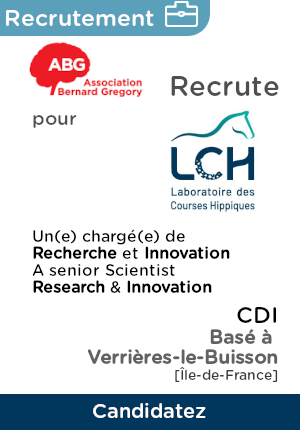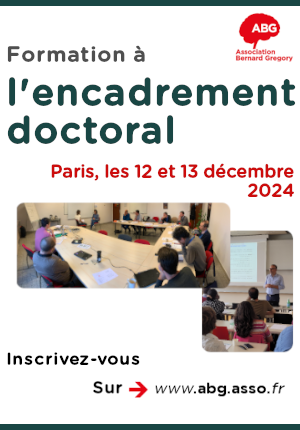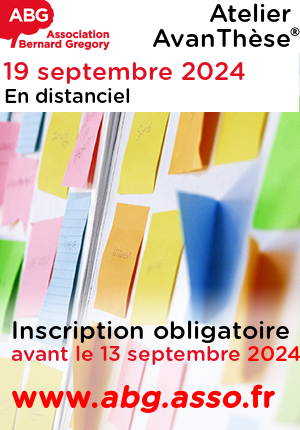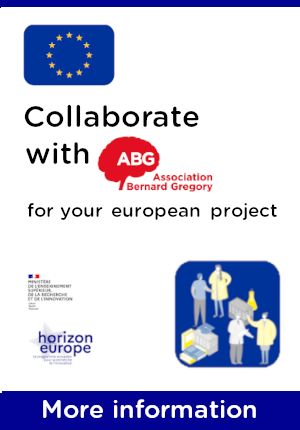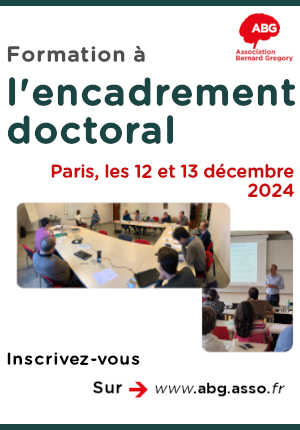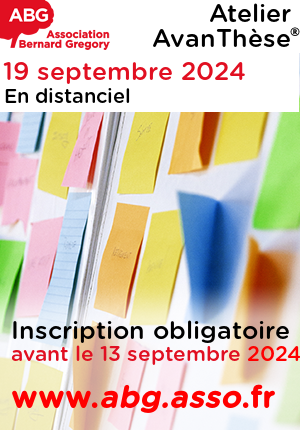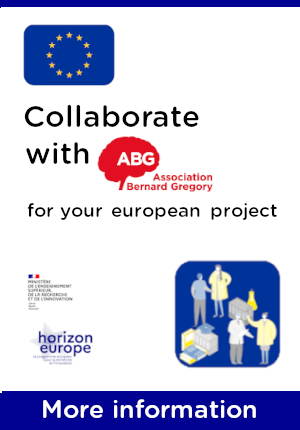PhD on Pedestrian behaviour modelling when interacting with micro-mobility vehicles
| ABG-125042 | Sujet de Thèse | |
| 10/07/2024 | Financement public/privé |
- Sciences de l’ingénieur
- Psychologie, neurosciences
- Science de la donnée (stockage, sécurité, mesure, analyse)
Description du sujet
Advisors: Silvia Francesca Varotto, Ludovic Leclercq, Natasha Merat
This PhD studentship is part of the SINTONIA project funded by the French National Agency for Research (ANR). The project “Shared urban spaces: modelling INTeractiONs between micro-mobility riders and pedestrIAns (SINTONIA)” is open for two PhD candidate positions and one postdoc position. The PhD students will collaborate with and visit international academic institutions.
Micro-mobility vehicles (MMVs) such as e-bikes and e-scooters replace other means of transport and hold the promise to decrease congestion, noise, and emissions due to car usage. MMVs commonly interact with pedestrians in shared spaces and have complex interaction characteristics due to direction, speed, and mass differences. These interactions are expected to increase, given the uptake of MMVs as transport modes. A clear understanding of how MMVs respond to pedestrians and how pedestrians interact with MMVs is urgent but lacking1. This limited understanding could result in unsafe and inefficient traffic situations. This project represents the first attempt to develop a comprehensive framework that explains the behaviour of MMV riders and pedestrians in shared spaces based on empirical data and traffic psychology theories. The data will be collected in on-road and virtual reality experiments. The conceptual models for MMV rider and pedestrian behaviour will be developed based on theories in traffic psychology and human factors. The mathematical models will be estimated based on the empirical data and implemented into a motion-based simulation platform. The motion-based simulation platform will be used to assess the impact of future scenarios with higher MMV penetration rates on traffic flow efficiency and safety.
PhD position: Pedestrian behaviour modelling when interacting with micro-mobility vehicles
The main objectives of the PhD position are (1) to understand the behaviour of pedestrians when interacting with MMV riders in a pedestrian street and (2) to develop advanced statistical and data-driven models describing the behaviour characteristics of pedestrians interacting with MMV riders. The data will be collected in virtual reality experiments using a head-mounted display (i.e., display integrated into eye-glasses)2 and simulator facilities in collaboration with the University of Leeds3. A conceptual model for pedestrians interacting with MMVs will be developed based on psychological constructs2. The mathematical model will be estimated using statistical methods (e.g., choice and regression models) and data-driven methods (e.g., classification and clustering) based on the data collected in the virtual reality experiments.
References:
1. Zhang, C., Du, B., Zheng, Z. & Shen, J. Space sharing between pedestrians and micro-mobility vehicles: A systematic review. Transportation Research Part D: Transport and Environment 116, 103629 (2023).
2. Camara, F. et al. Pedestrian Models for Autonomous Driving Part II: High-Level Models of Human Behavior. IEEE Trans. Intell. Transport. Syst. 22, 5453–5472 (2021).
3. Kaleefathullah, A. A. et al. External Human–Machine Interfaces Can Be Misleading: An Examination of Trust Development and Misuse in a CAVE-Based Pedestrian Simulation Environment. Hum Factors 64, 1070–1085 (2022).
Prise de fonction :
Nature du financement
Précisions sur le financement
Présentation établissement et labo d'accueil
The Transport and Traffic Engineering Laboratory (LICIT-Eco7, https://licit-lyon.eu ) is a Joint Research Unit under the dual administrative supervision of École nationale des travaux publics de l'État (ENTPE) and Université Gustave Eiffel (UGE). LICIT-Eco7 has a strong track record in traffic flow theory, traffic simulation and control, intelligent transportation systems, urban mobility and data-driven methods.
ENTPE (https://www.entpe.fr/en) offers flexible working hours, catering services, contributions for public transport and sustainable mobility, discounts for health insurance and access to sports facilities.
The PhD student will enrol in the MEGA doctoral school (https://edmega.universite-lyon.fr ). This platform provides a stimulating research environment and support during the PhD.
Site web :
Intitulé du doctorat
Pays d'obtention du doctorat
Etablissement délivrant le doctorat
Ecole doctorale
Profil du candidat
Educational background: MSc degree in traffic engineering, behavioural sciences, computer science, mechanical engineering, applied mathematics and statistics. Knowledge of traffic modelling and human factors is appreciated.
Skills required: good analytical skills, mathematical modelling, programming (Python, R), good communication skills, open-mindedness, team player, and fluency in English (speaking, reading, and writing).
Vous avez déjà un compte ?
Nouvel utilisateur ?
Vous souhaitez recevoir nos infolettres ?
Découvrez nos adhérents
 Ifremer
Ifremer  PhDOOC
PhDOOC  Institut de Radioprotection et de Sureté Nucléaire - IRSN - Siège
Institut de Radioprotection et de Sureté Nucléaire - IRSN - Siège  Nokia Bell Labs France
Nokia Bell Labs France  MabDesign
MabDesign  ONERA - The French Aerospace Lab
ONERA - The French Aerospace Lab  Institut Sup'biotech de Paris
Institut Sup'biotech de Paris  ANRT
ANRT  Laboratoire National de Métrologie et d'Essais - LNE
Laboratoire National de Métrologie et d'Essais - LNE  CASDEN
CASDEN  Groupe AFNOR - Association française de normalisation
Groupe AFNOR - Association française de normalisation  Tecknowmetrix
Tecknowmetrix  Généthon
Généthon  MabDesign
MabDesign  CESI
CESI  SUEZ
SUEZ  TotalEnergies
TotalEnergies  ADEME
ADEME  Aérocentre, Pôle d'excellence régional
Aérocentre, Pôle d'excellence régional
-
EmploiCDIRef. ABG123642Laboratoire des Courses Hippiques (GIE LCH)Verrières-le-Buisson - Ile-de-France - France
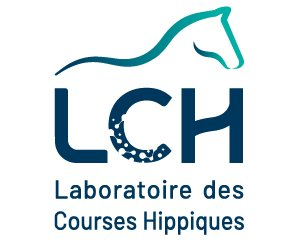
Chargé(e) de Recherche et Innovation (H/F) / Senior Scientist Research & Innovation (M/F)
Chimie - BiochimieConfirmé -
Sujet de ThèseRef. ABG125548Centre de Recherche en CardioVasculaire et Nutrition (C2VN) - INSERM 1263 - INRAE 1260 - Aix-Marseille universitéMarseille - Provence-Alpes-Côte d'Azur - France

Mechanisms involving neutrophils in Venous Thrombosis / Etude des mécanismes impliquant les neutrophiles dans la thrombose veineuse
Biologie -
EmploiCDIRef. ABG125568Cours GalienStrasbourg - Grand Est - France
Résponsable pédagogique études médicales
Biologie - Santé, médecine humaine, vétérinaireNiveau d'expérience indifférent

